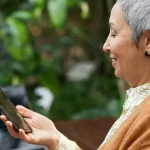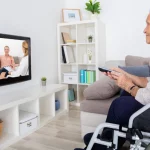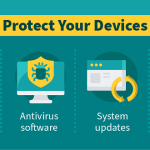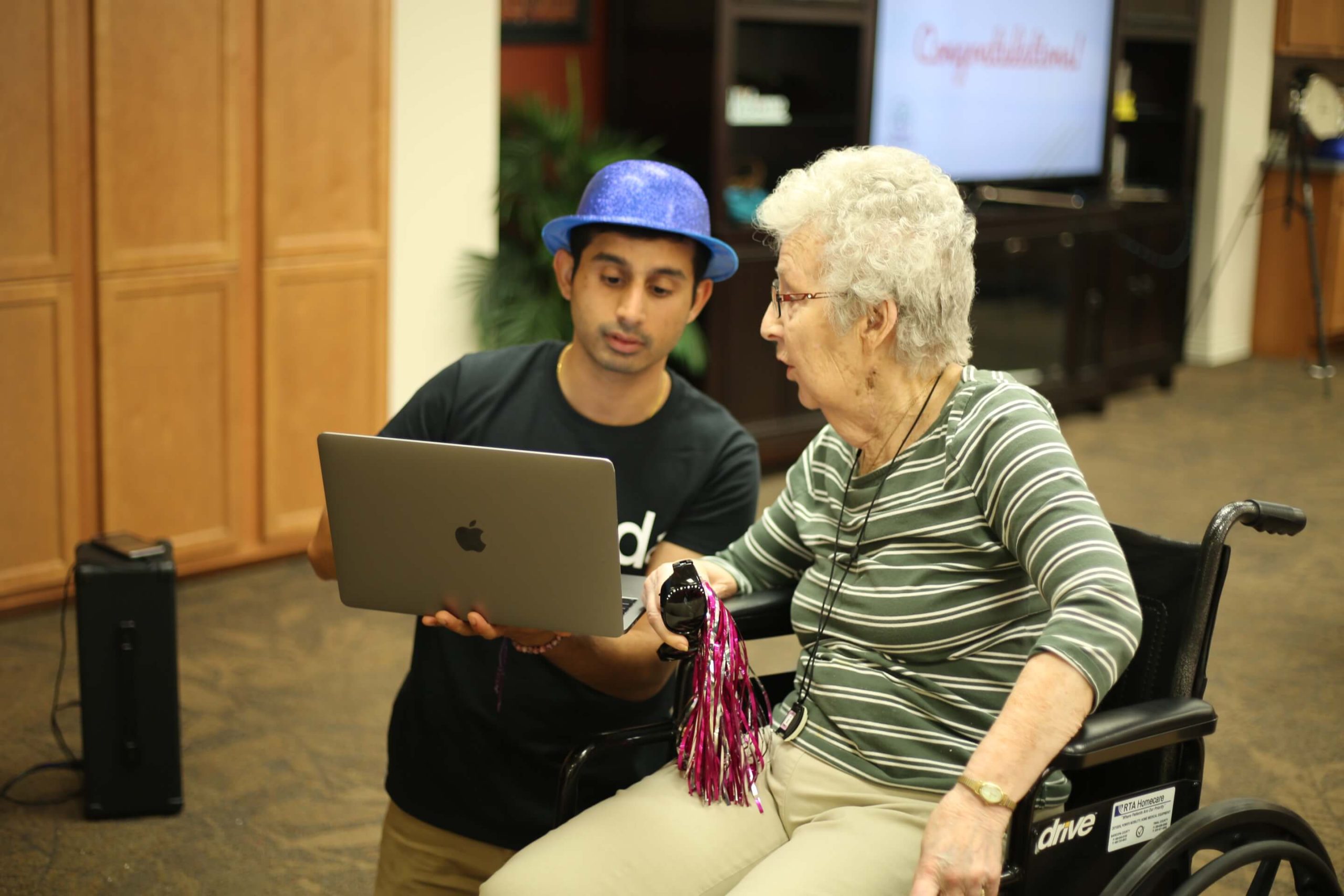
Mobile Phone and Technology
One of the questions my grandmother asked me often when we were together was, “What are you doing on the phone?” She was curious about why I was so fascinated by this device. What could be so captivating about it. For her, a phone was something that was used for making and receiving phone calls. She couldn’t imagine the world I had at my fingertips. I explained my tasks – transferring funds to my bank account, playing games like Candy Crush, or searching for crossword clues – when we sat at her kitchen table and tried to finish Sunday crosswords together.
Her curiosity about technology reached its peak after the death of my grandfather. Before his death, she hadn’t shown much interest in smartphones, laptops, and tablets. She didn’t knew what Facebook was, and she had never sent a text message. But as she spent more and more time alone, she began to feel the need to participate in digital world. She often asked if she should get a cell phone, a tablet, or Wi-Fi.
Technology and Seniors: Benefits and Drawbacks
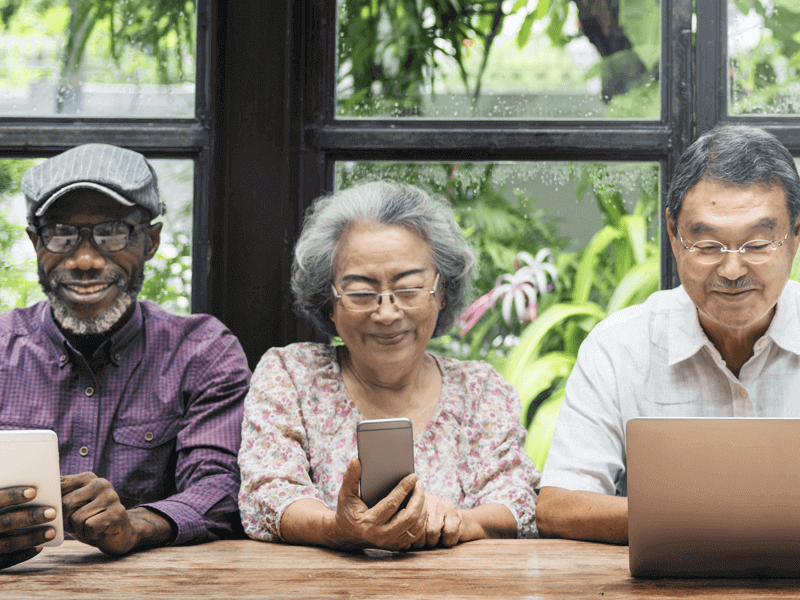
In older adults, social isolation and loneliness are often linked to reduced cognitive functioning, Alzheimer’s disease, reduced physical activity, disrupted sleep-wake cycles, and declining mental health. After my grandfather’s death, my grandmother adapted to a new normal life, alone, for the first time in over eight decades. She constantly battled feelings of loneliness and isolation, thinking that having a tablet and Wi-Fi would somehow make her more connected to her family and the world.
In a way, she was right. Technology can help seniors connect with their loved ones using social media, FaceTime, or by sending and receiving texts and photos. Access to technology can increase knowledge and self-confidence in understanding medical conditions and the healthcare system. And the use of certain types of technology (such as word games) can combat cognitive function decline by stimulating brain pathways.
Technological advancements
Another undeniable advantage of seniors using technology is the ability to age in place. As many seniors worry about spending their days in a nursing home, it has become easier for those who may not have had this option in the past to comfortably live at home. Technological advancements in home safety, security, health, and well-being, along with improved communication and social interaction technological capabilities, are linked to the growing number of seniors who can now live their lives in the comfort and familiarity of their homes.
Although the use of technology can improve lives in many ways, it can carry risks. For example, the rapid pace of technological change can make older people feel more isolated. While those who are comfortable with technology may be able to improve existing relationships, those who feel overwhelmed, lost, or uncomfortable with technology end up feeling less connected. It can also erode trust and increase frustration as the world begins to become less familiar and more frightening.
Negative Impact of Technology
The quality of in-person interactions with family and friends can also suffer from unbridled technology use. Nearly 75% of seniors believe their adult children spend too much time on phones. 60% believe the quality of time spent with their children and grandchildren has declined due to increased use of phones and computers. For older adults, this can result in intentional withdrawal from family and social activities, and less involvement and interaction outside the home.
Other negative effects of technology use by seniors include the struggle to find reliable sources of information online and the potential threat of becoming a victim of online scams or fraud. A recent study found that, despite general impressions, sharing fake news via Facebook was a relatively rare occurrence during the 2016 election, but adults over the age of 65 were most likely to do so, sharing more than seven times more articles from fake news domains than the youngest age group.
In an effort to educate seniors about fake news domains and common frauds and scams, there has been an influx of online resources, tools, and even dating sites created specifically for seniors.
According to a Pew Research Center study, 67% of adults aged 65 and older were active online users in 2016. As baby boomers continue to age, the percentage of older adults using the Internet is expected to continue to rise.
Family and Friends Can Lend a Hand
Family members and friends can help in many ways to support older individuals in their safe use of technology and the internet. Here are some tips:
- Be present with older family members. Ensure that when you are together, they have your attention.
- Teach older individuals how to use technology. Be patient. Show them how to do something, then let them practice. Older users don’t always want to ask for help, so remember to check in often.
- Answer questions about technology. Learning new things can help prevent cognitive decline.
- Like with teenagers, inform older adults about the potential dangers of being online, including unreliable websites, online scams, phishing, fraud, misinformation, and online predators.
- Provide a list of trustworthy and reputable information and medical websites that can be bookmarked for easy access.
- Introduce older individuals to the “easy mode” available on most phones and smart devices to simplify screen displays and streamline menus and choices for new and inexperienced users.
- Optimize devices for older users with settings that can increase or decrease volume, text size, and brightness.
- Make an effort to connect with family members outside of social media and technology, and don’t rely solely on social media to maintain those relationships.
- If mobile technology is second nature for younger generations, it’s not always the case for older adults. By involving them in what you do, boosting their self-confidence, and putting away your smartphone when they visit, you can significantly help counter some of the negative side effects of technology use in seniors.

